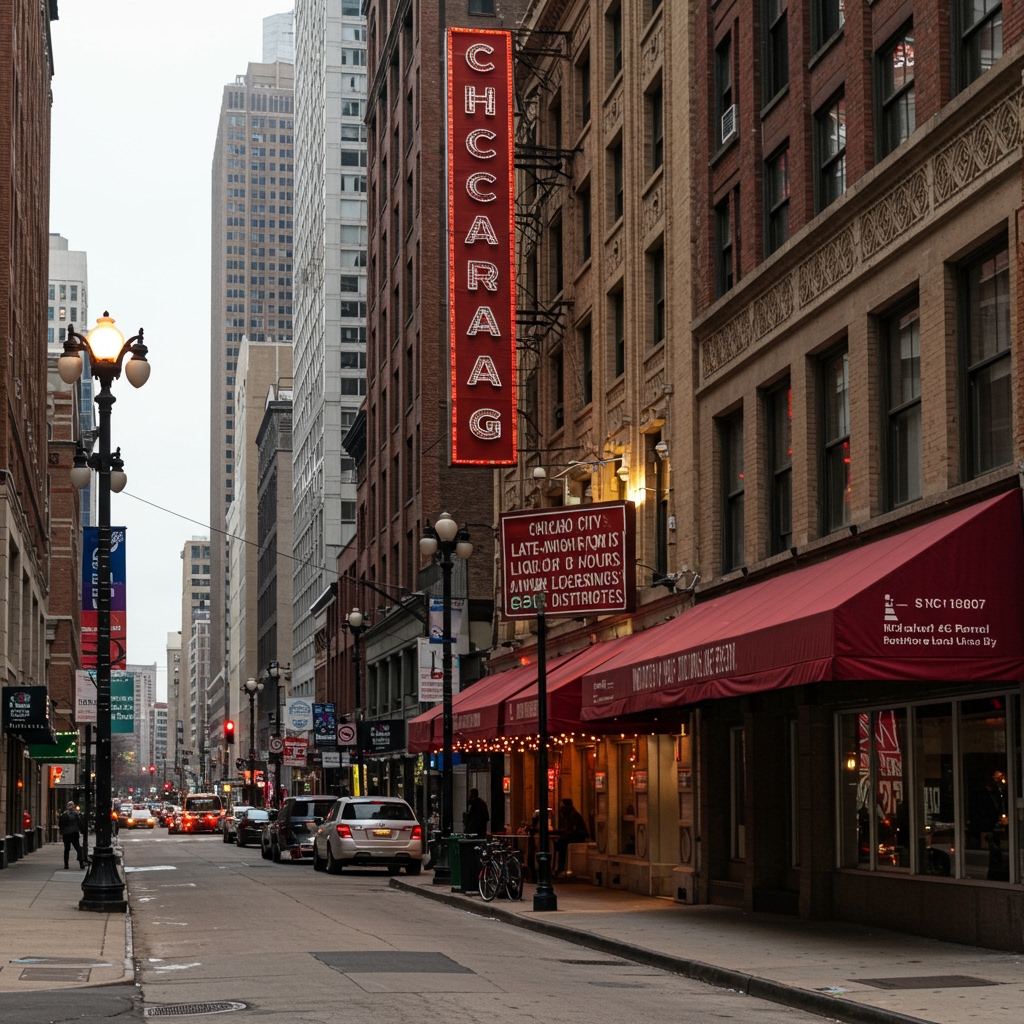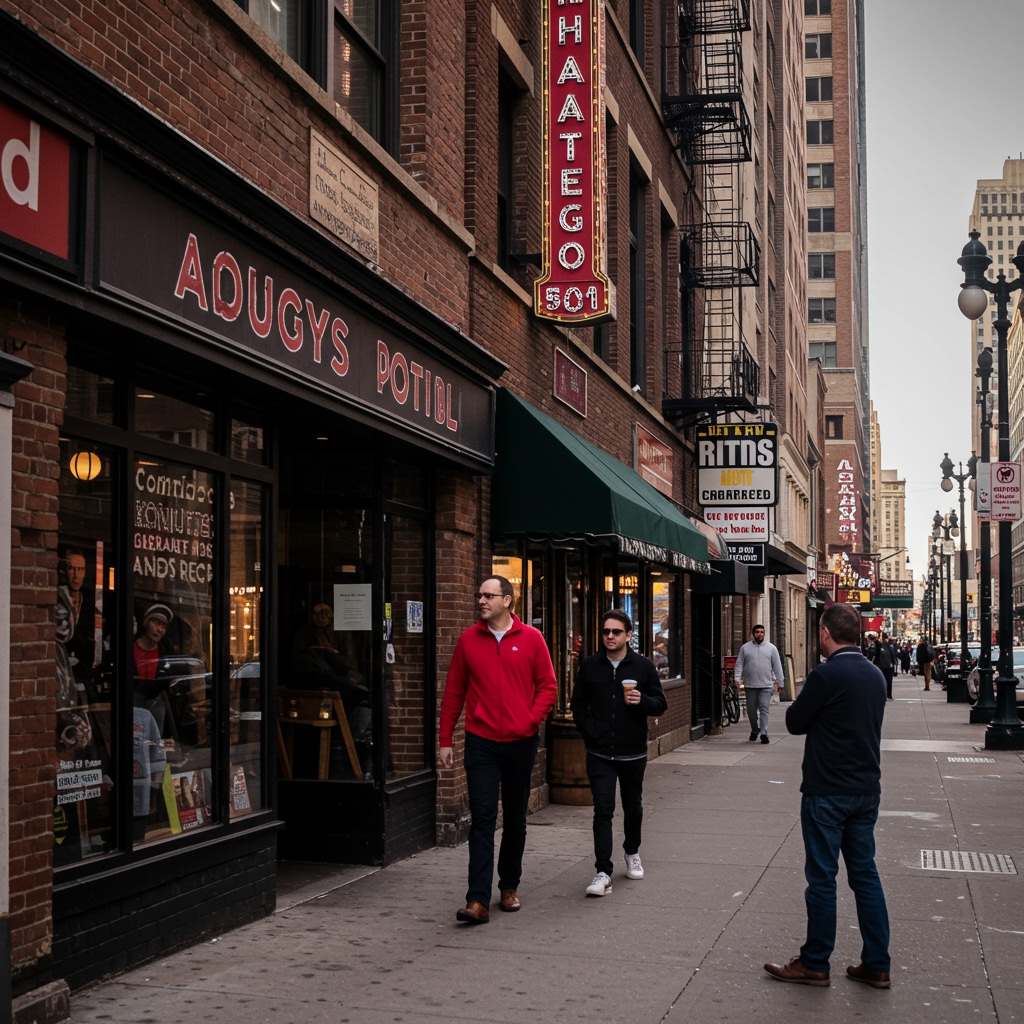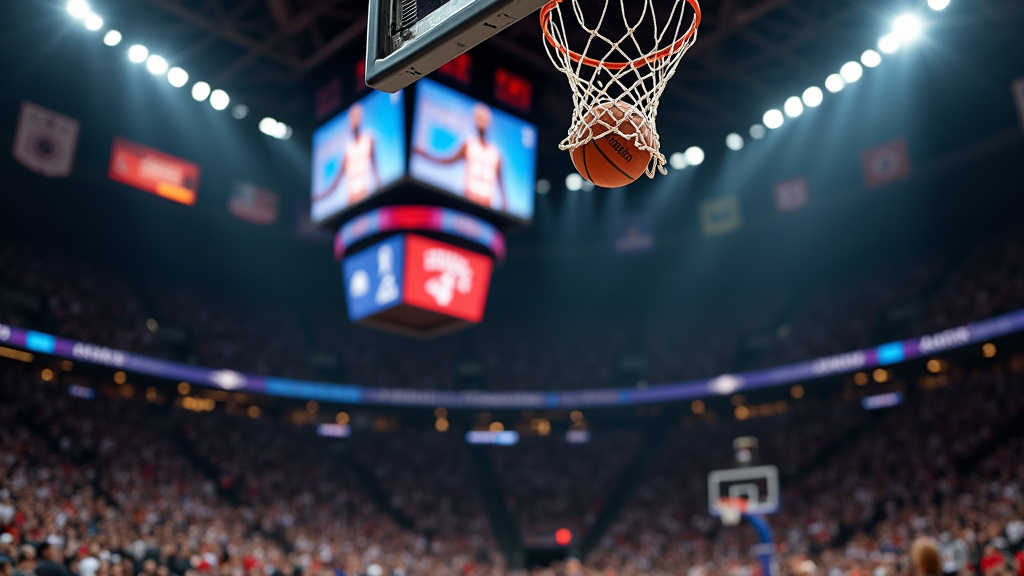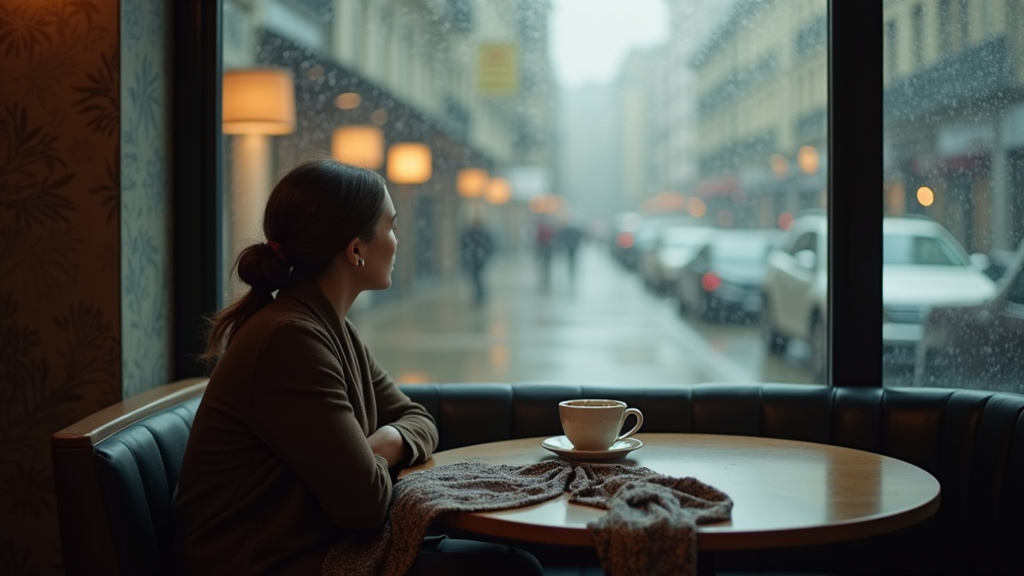CHICAGO, IL – In a decision poised to significantly impact Chicago’s vibrant nightlife and the quality of life for urban residents, the City Council’s Committee on License and Consumer Protection voted 9-3 on June 3rd to advance a controversial measure aimed at curbing late-night noise emanating from bars located near residential areas. Ordinance O2025-51, sponsored by Alderman Lena Torres, proposes new regulations that could impose stricter noise level limits and potentially mandate earlier closing times – specifically as early as 2:00 AM – for establishments situated within 100 feet of residential buildings in certain wards.
The proposed changes target bars within Wards 32, 43, and 44, areas known for their mix of lively commercial strips and dense residential blocks. The ordinance arises from long-standing tensions between businesses operating late into the night and residents who report persistent disturbances affecting their sleep, peace, and overall quality of life. Supporters argue the measure is a necessary step to balance the needs of commercial enterprises with the fundamental right of residents to quiet enjoyment of their homes, especially in increasingly mixed-use neighborhoods.
Details of Ordinance O2025-51 and Proposed Restrictions
Ordinance O2025-51 outlines specific mechanisms for addressing noise pollution from licensed beverage establishments. While the exact new noise level restrictions would likely be defined and enforced by city departments, the core of the proposal centers on the potential for earlier mandated closing hours for bars operating in close proximity to residential properties. The provision specifying a 2:00 AM earliest possible closing time is particularly contentious, as many bars, especially those in entertainment districts or neighborhood hubs, rely heavily on revenue generated between the typical 2:00 AM or 4:00 AM weekend closing times and the proposed earlier hour.
The 100-foot proximity rule is designed to narrowly target businesses deemed most likely to directly impact residential properties. This geographical limitation aims to differentiate these establishments from those located in purely commercial or industrial zones, or those further removed from homes. Alderman Torres, the ordinance’s sponsor, has emphasized the need for targeted solutions to specific, documented problems of noise disturbance reported by constituents.
Business Concerns and Economic Impact
The proposed regulations have met with significant opposition from the hospitality industry. The Illinois Licensed Beverage Association, representing many affected bar owners, has voiced strong concerns regarding the potential economic fallout. They argue that mandating earlier closing times, particularly on weekend nights which are peak revenue periods for many establishments, would severely impact their financial viability. Bar owners contend that late-night operations are crucial to their business model, covering operating costs, supporting employment, and contributing significantly to the city’s tax base and economic activity.
Representatives from the association presented testimony during the committee hearing, highlighting concerns about potential job losses, reduced profitability, and the competitive disadvantage Chicago bars might face compared to establishments in surrounding municipalities without similar restrictions. They advocate for alternative solutions, such as stricter enforcement of existing noise ordinances or investments in soundproofing technology, rather than imposing what they see as punitive and economically damaging operational limitations.
Resident Support and Quality of Life Arguments
Conversely, resident groups in the affected Wards 32, 43, and 44 have largely thrown their support behind Ordinance O2025-51. For years, residents have documented and reported issues ranging from loud music and amplified sound spilling onto streets to disruptive behavior from patrons leaving establishments late at night or in the early morning hours. These groups argue that the cumulative effect of this noise significantly degrades their quality of life, impacting sleep, contributing to stress, and making their neighborhoods less livable.
Residents testifying before the committee shared personal accounts of how persistent noise has affected their families, particularly children and elderly residents. They view the proposed ordinance as a necessary intervention after what they describe as inadequate results from current enforcement mechanisms. Their support underscores the growing demand from residents in urban areas for legislative action that prioritizes residential peace and quiet amidst the challenges of urban density and mixed-use zoning.
Committee Deliberation and Vote
The Committee on License and Consumer Protection’s deliberation on June 3rd involved testimony from both proponents and opponents of the measure, including bar owners, residents, community group representatives, and the ordinance’s sponsor. The discussion reflected the complex balancing act the city faces in supporting its vital hospitality sector while addressing legitimate quality-of-life issues for residents.
Following extensive discussion, the committee cast its votes, with the measure passing by a margin of 9-3. This vote signifies a significant hurdle cleared for the ordinance, indicating sufficient support within the committee to recommend its consideration by the full City Council. The vote tally reflects a prevailing sentiment among the majority of committee members that the concerns raised by residents in affected wards warrant legislative action, despite the valid economic anxieties expressed by businesses.
Next Steps: Full City Council Vote
With the committee’s approval secured, Ordinance O2025-51 is now slated to proceed to the full Chicago City Council for a final vote. This crucial step is scheduled to take place next week. The upcoming council meeting is expected to be a focal point for continued advocacy from both sides of the issue. The outcome of the full council vote will ultimately determine whether the proposed noise restrictions and potential earlier closing times become law, reshaping the operational landscape for numerous bars in Wards 32, 43, and 44 and impacting the residential experience in those neighborhoods.
The debate highlights a broader ongoing challenge for rapidly evolving urban centers like Chicago: how to foster dynamic commercial and entertainment districts while simultaneously protecting the peace and tranquility of adjacent residential communities. The full City Council’s decision next week will be a key indicator of the direction the city intends to take in managing this delicate balance.














